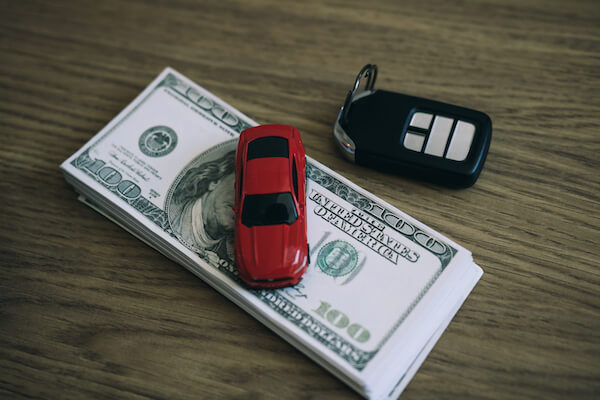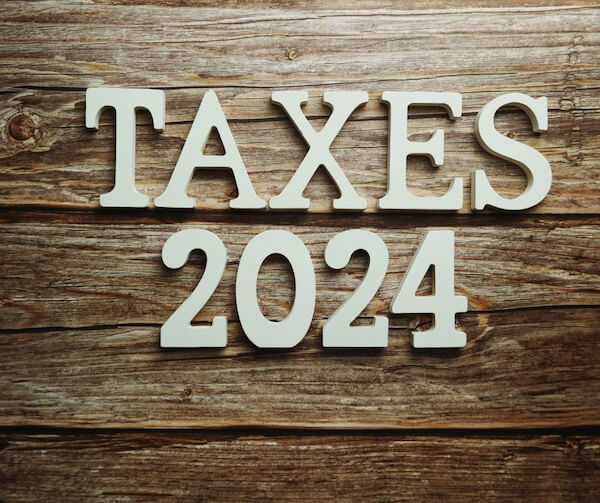If you are trying to decide between buying or leasing your vehicle, you might be wondering, which option is best and what provides the most tax savings?
The Difference between Leasing and Buying
When you decide to purchase a vehicle, you can buy it outright or finance it, but eventually it is yours. As a result, you get the trade-in or sale value of the vehicle when you decide to get rid of it.
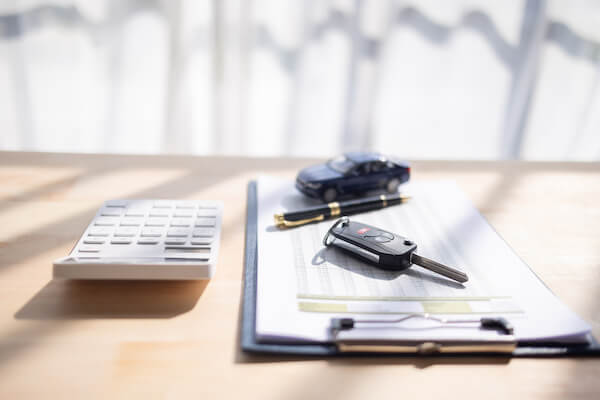
When you lease, the dealer or leasing company owns the vehicle, and you pay for its use over a specific lease term.
When the lease ends, you either buy the vehicle for a “residual value,” as stipulated in the lease terms, or walk away and get a new vehicle.
The Tax Implications of Buying a Vehicle
When buying a business vehicle, such as a truck for your construction business or any other type of vehicle suitable for business purposes, you can write it off as an expense by using two parts of the tax code, which include Section 179 and what is known as “bonus depreciation.”

Both refer to deductions that business owners can take for purchases of depreciable business equipment, such as vehicles, and both can save you a lot of money when you file your taxes.
The bonus depreciation was introduced as part of the 2017 Tax Cuts and Jobs Act and allows business owners to speed up all or part of their deductions by taking them during the first year that the vehicle is bought.
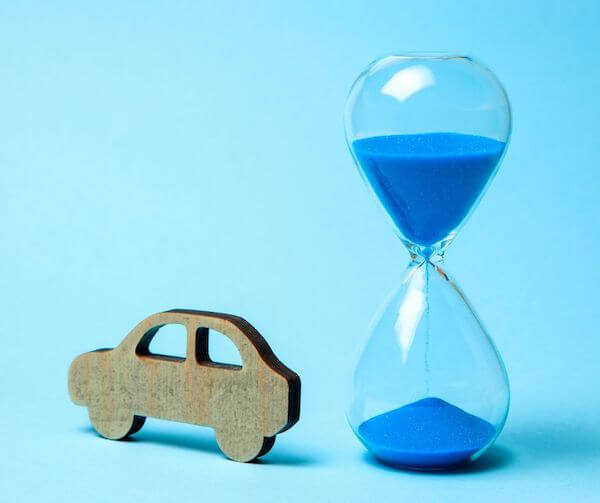
The depreciation allowances are based on the type of vehicle you buy and fall into these IRS-required categories.
- Any 4-wheeled car, truck or van made primarily for use on public streets, roads, and highways with an unloaded gross vehicle weight (GVW) of 6,000 pounds or less. The maximum first-year deduction for such a vehicle in 2023 is $20,200. You can find more information on this on the IRS website.
- Any 4-wheeled vehicle primarily designed or being used to carry passengers over public streets, roads, or highways with a GVW of between 6,000 and 14,000 pounds. There is no cap on the bonus depreciation for vehicles in this category; the maximum first-year Section 179 deduction is $28,900 for 2023.
- Other vehicles that have a loaded GVW of over 14,000 pounds, including cargo vans, delivery trucks, passenger buses, moving vans and such. Vehicles in this category can qualify for the entire Section 179 deduction amount, which is $1,160,000.
To qualify for a depreciation deduction, however, you must be using your business vehicle at least 50 percent of the time.
Read More: Business Tax Deductions You Can Take Now
How to Deduct Expenses on a Purchased Vehicle
If you are using your vehicle for business purposes only, like a work truck for construction jobs, the write-off is simple.
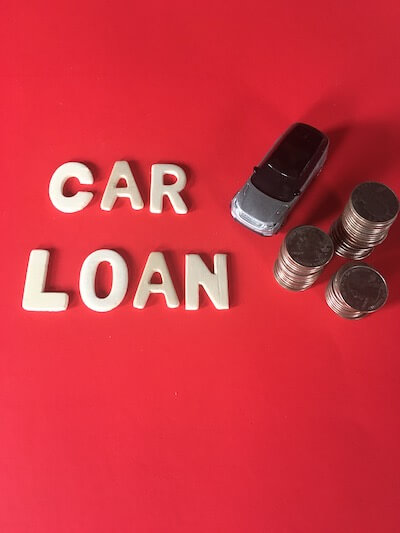
You are allowed to deduct things like interest on a vehicle loan, if you financed it, as well as expenses related to fuel, maintenance and repairs, registration, and insurance.
If you use a business vehicle for both business and partial personal use, the IRS requires that you calculate the deductible expenses by using the standard mileage rate method (for 2023, that’s 65.5 cents per mile) or the actual expense method (keeping track of mileage and all expenses related to your vehicle).
The Tax Implications of Leasing a Car
If you choose to lease a vehicle for business purposes, you won’t be able to claim Section 179 and the bonus depreciation mentioned above, nor will you able to use regular depreciation strategies.
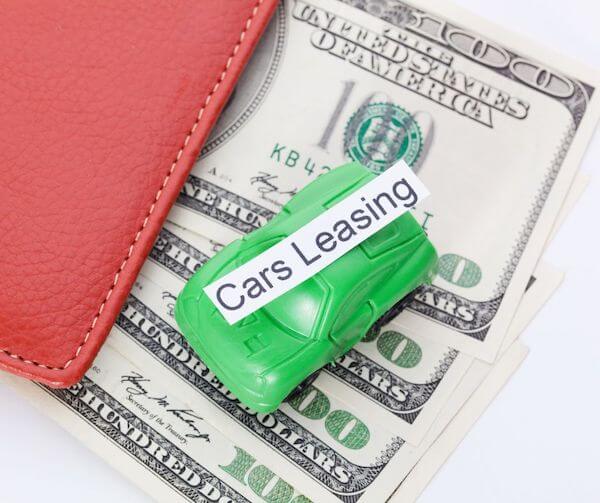
Instead, you will have to write off the cost of operating the car by using either the standard mileage rate or the actual expense method, as mentioned previously.
If you opt for the actual expense method, the IRS allows you to include lease payments as part of your total expenses.
You can choose either of these for the first year that you lease the vehicle, but you can’t switch to the other method for the lifetime of the lease.
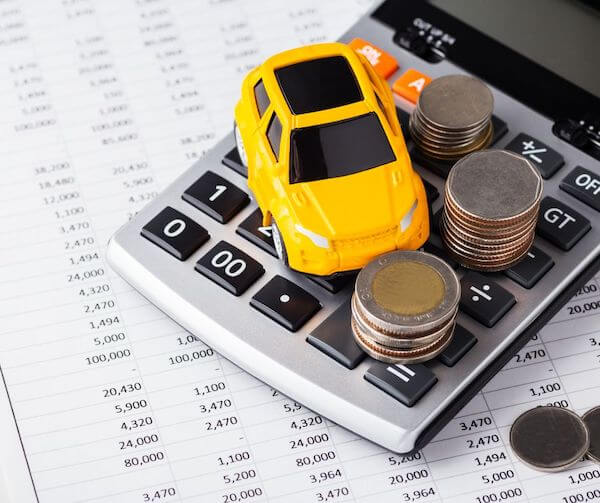
If your business car, SUV, truck and/or van has a GVW of 6,000 pounds or less, the IRS will require you to add a lease inclusion amount to your gross income if the vehicle’s fair market value is over a certain amount.
While the tax implications of buying your vehicle seems to be greater, your decision to purchase or lease is all dependent on your personal circumstances.
However, if you are still unsure whether buying or leasing your vehicle is right for you, then feel free to reach out to us at [email protected].

